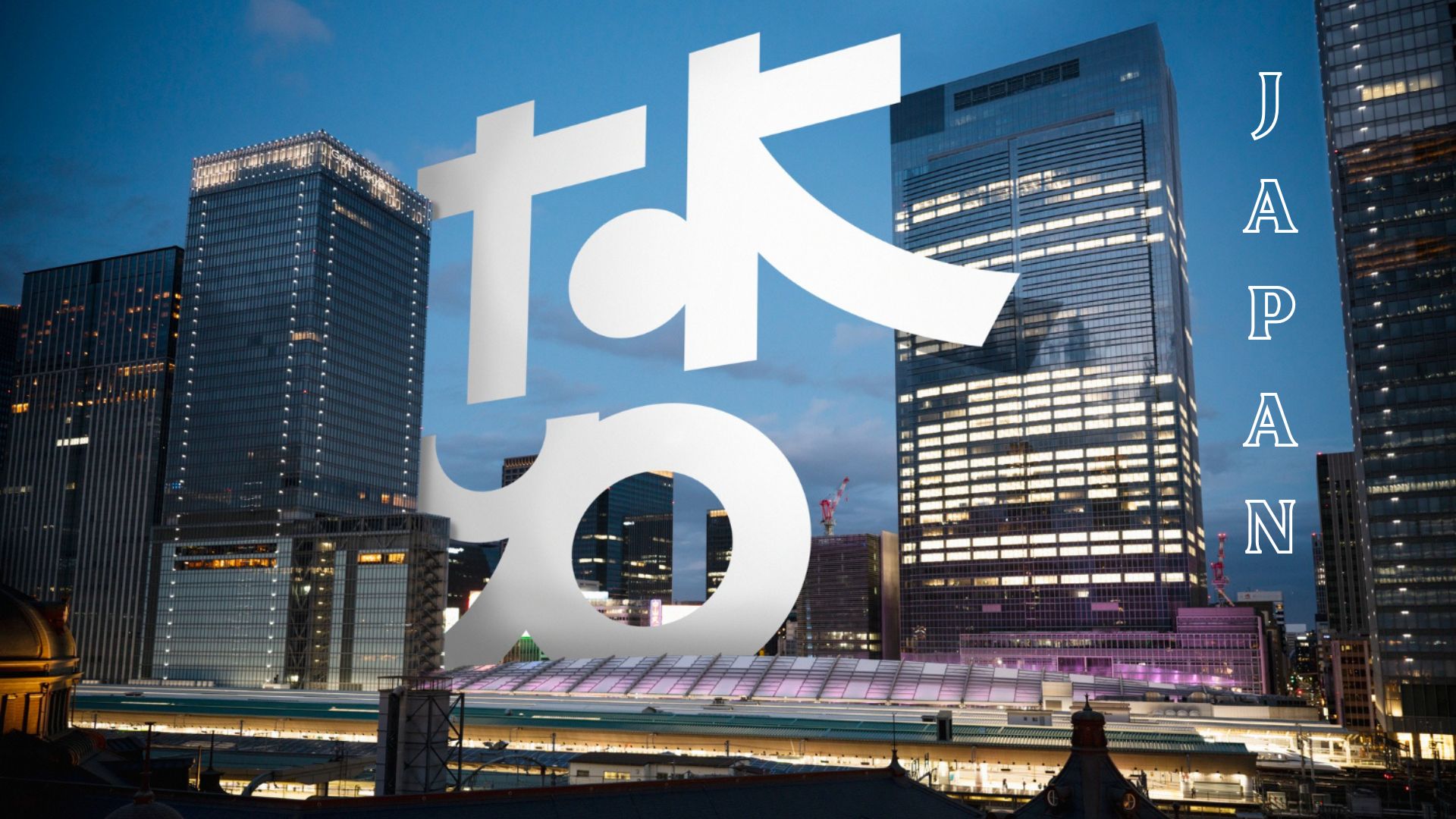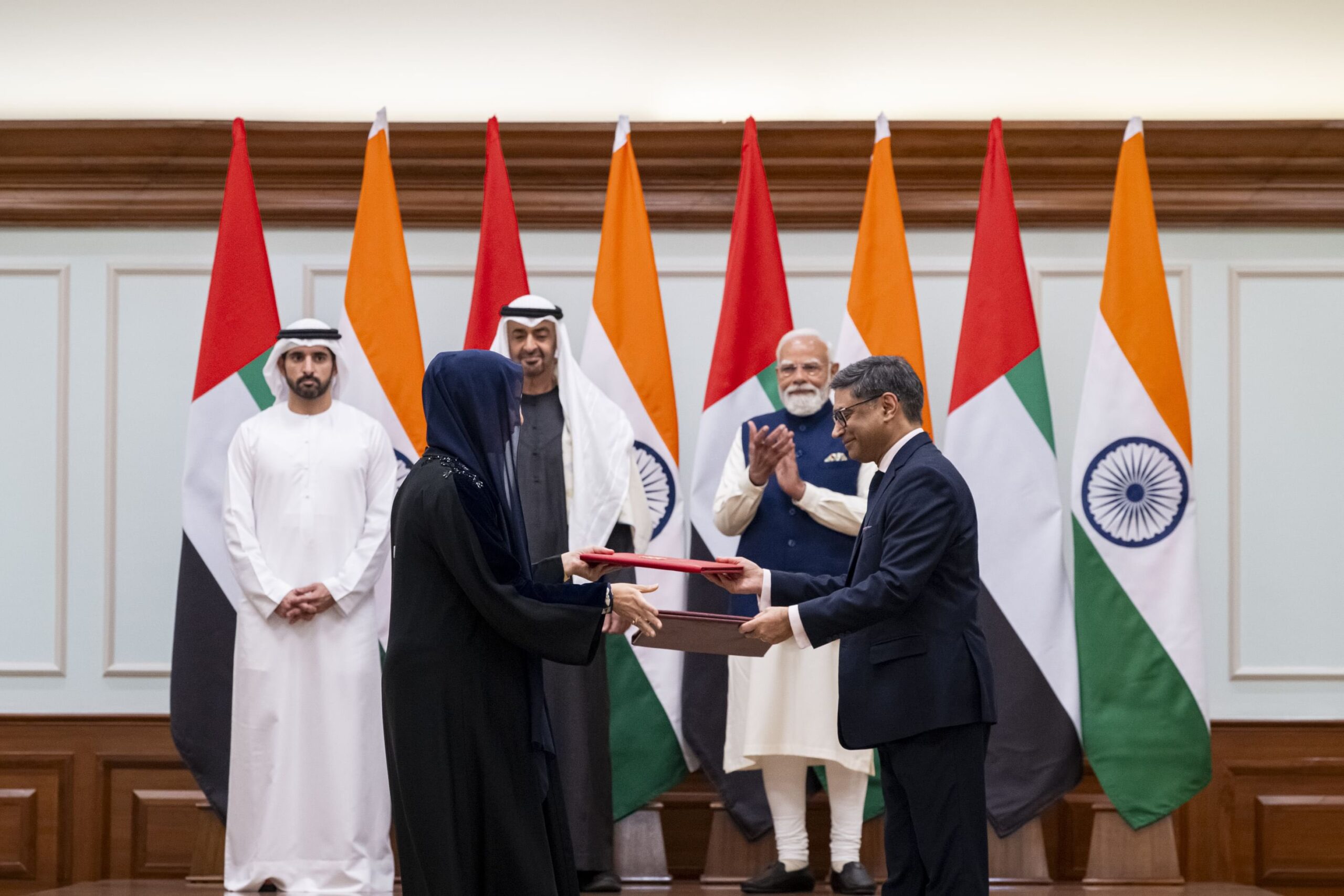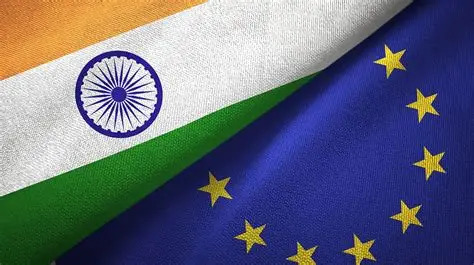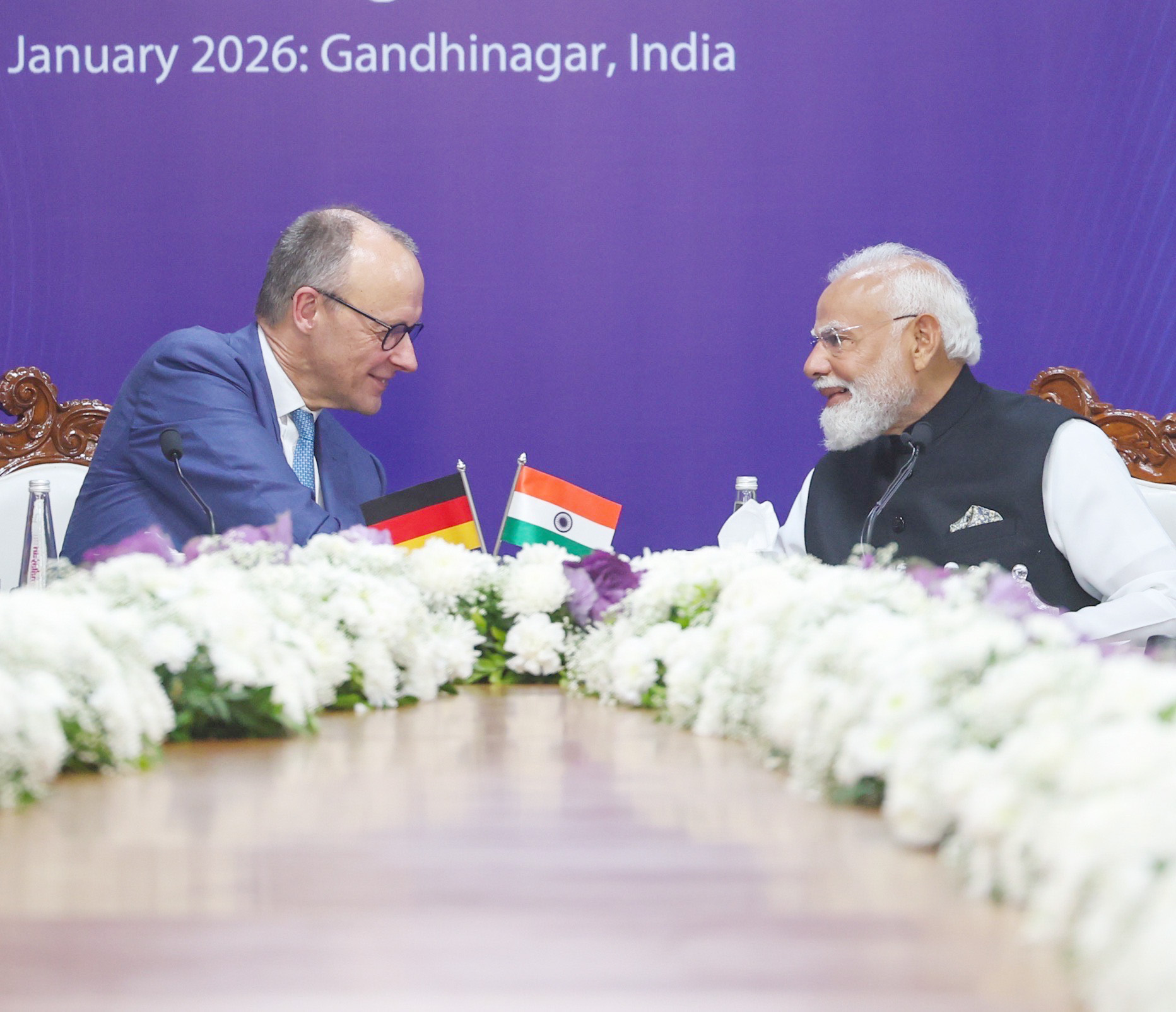The India-Taiwan economic corridor can flourish

Shifting global supply chains have left multinational producers chasing diversification in their manufacturing bases. This presents the India-Taiwan economic corridor with significant potential to flourish, even if it seems an unlikely partnership at first glance.
India’s ‘Look East’ policy established in 1991 revived the geography’s ties with Taiwan. Since then, total foreign trade has grown by an average 10 per cent annually to $US8.5 billion in 2023. India is now Taiwan’s 16th largest trading partner.
Taiwan’s economy produces a wide range of sought-after goods, from shoes to semiconductors. Its annual trade surplus with India in March 2024 was around $US4 billion, centred largely on essential capital goods like machineries and sophisticated consumer electronics. Taiwanese businesses have long viewed India as a lucrative destination, and ‘Made in Taiwan’ products are associated with being strong and reliable in quality.
India will need more investment in machinery and technology, if it is to meet its ambition of becoming the world’s third-largest economy by 2030, and its burgeoning middle class will demand more high-quality consumer goods. Taiwan is in the box seat to proactively meet those needs by becoming a long-term strategic partner supporting India’s journey to global economic powerhouse.
Mutually advantageous
As India strives to move up the global value chain, especially in technology-intensive sectors like chipmaking and electronics, a deeper economic partnership with an advanced economy like Taiwan would be mutually advantageous. The latter’s cutting-edge expertise could help bridge technical gaps in the former’s economic story.
In return, India offers inexpensive labour-cost structures, rapidly deepening technology, policy-linked production incentives, and improving business conditions driven by ‘Look East’, laying the foundations for Taiwanese manufacturers looking at new shores for expansion. In 2023, the Taiwanese government established a Taipei Economic and Cultural Center (TECC) in Mumbai aimed at promoting bilateral relations with India in various sectors.
In February, the TECC said the collective investments of 228 Taiwanese companies in India stood around $US4.5 bn, resulting in the creation of 170,000 jobs. These figures have a significant scope to grow – foreign direct investment (FDI) into India from Taiwan is less than 1 per cent of its total FDI stock.
Many Taiwanese groups are already expanding their offshore presence and are doubling down on India as a strategic destination. In February, technology group Hon Precision Industry, also known as Foxconn, announced plans invest an additional $US1.6 billion in India. In 2023,Taiwanese footwear maker Pou Chen unveiled plans to spend $US281m setting up a manufacturing facility in India’s Tamil Nadu.
For Taiwan, India’s global human capital footprint is an untapped asset. According to a 2022 report by the Indian Ministry for External Affairs, around 1.3 million Indian students are studying abroad. Of these, a touch more than 2,200 were studying in Taiwan, less than 3 per cent of its total foreign student population. Given the impact of Indian students in the United States, Canada, and Australia, Taiwan’s economy could benefit greatly from India’s vast and growing appetite for higher education abroad.
Complexities
It’s clear there are complexities in the operating environment that need to be addressed for this India-Taiwan economic corridor to flourish. In addition to India’s central government, the 28 Indian states have their own economic ambitions and legislative powers. These powers cover vital issues like labour laws, which, if simplified, could pave the way for more seamless foreign investment, at a greater pace.
Additionally, emerging climate and energy-related risks amid ambitious net-zero targets also present challenges. Most Taiwanese multinationals have supply chains involving the US and European parties, many of which have tight timelines for adopting renewable energy sources.
It’s undeniable India has taken impressive steps forward and is visibly committed to continuing to improve its business and export climate. Deeper reforms, like a harmonisation of labour laws, will create an increasingly attractive environment for the international business community.
There are stories of success. ANZ has seen foreign investors fast track penetration of the market in India, especially in the IT hardware industry, by tapping local regulatory and financial expertise, or executing joint ventures backed by due diligence.
Ultimately, the India-Taiwan relationship holds immense promise across trade, investment and human-capital exchange. Strengthening this partnership will require concerted efforts and proactive measures from both sides if it is to realise its full potential.
Rufus Pinto is Country Head India & David Leong is CEO Taiwan at ANZ











